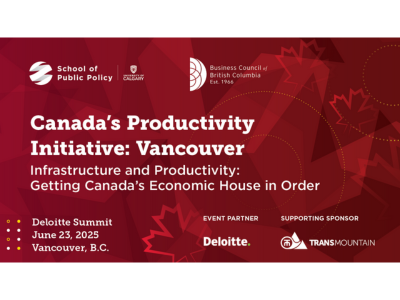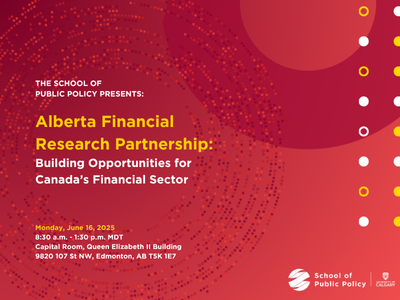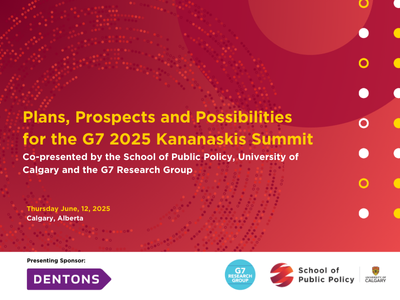The Energy Literacy Gap and Its Potential Consequences for Canada
Colleagues at the University of Calgary’s School of Public Policy have recently published two detailed studies on energy literacy in Canada – amongst both the general public, and Canadian business leaders and policy “elites”.
The results are disappointing: the studies paint a picture of citizens who are misinformed (or uninformed) about how energy is produced, where it goes and how it shapes their quality of life. It also points to a leadership class that knows only marginally more.
Extended beyond the single issue of energy, I would hazard a guess that the same lack of information holds true when it comes to natural resource extraction in general: if and when the public has an opinion, it is based on generalities, mistruths, or on “former truths” – facts that may have once been true, but that are no longer so, yet persist in the common discourse.
Canada is in danger of having a general population that is divorced from the process of wealth creation via the responsible development of our plentiful natural resources – both renewable and nonrenewable – which account directly for over 15% of our Gross Domestic Product, and about 20% if we include the indirect contribution to our GDP through the purchase of goods and services such as construction, machinery, professional services and transportation.[1]
Because citizens are divorced from the realities of wealth creation and uninformed about the process of getting resources out of the ground, transforming them into something of value, and their transport to markets, it becomes easy to oppose major resource projects. In this context, “NIMBYism” (Not In My Back Yard) is easy to form. In the policy choices we face between protecting the environment and making use of natural resources, a sense of balance has been lost and has swung resolutely to the former. It is hard to support an issue one is disconnected from, and easy to oppose something one knows little about, because people incur a personal cost in building support (time, effort, and stigma) and little cost in opposing something far away.
If the exploitation of our natural resources can be expanded yet managed sustainably, it will lay the foundation for generations of happy, employed Canadians (including hopefully many Aboriginal Canadians!) whom we will need to support an aging population while maintaining our enviable quality of life.
In my mind this represents the most important public policy challenge in Canada today: the gap that exists in our citizens’ knowledge of how wealth is created, what the trade-offs are, and how these issues have a direct impact on our collective ability to pay for our schools, hospitals, roads and other public goods. Without wealth we have no money to spend. But many Canadians appear to have lost the knowledge of where money comes from, like my toddler who knows only that milk comes from a carton.
[1] Natural Resources Canada Backgrounder: “Economic Impact of Canada’s Natural Resources Sector – 2012” (http://www.nrcan.gc.ca/media-room/news-releases/2012/6469)


